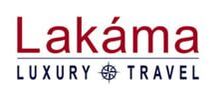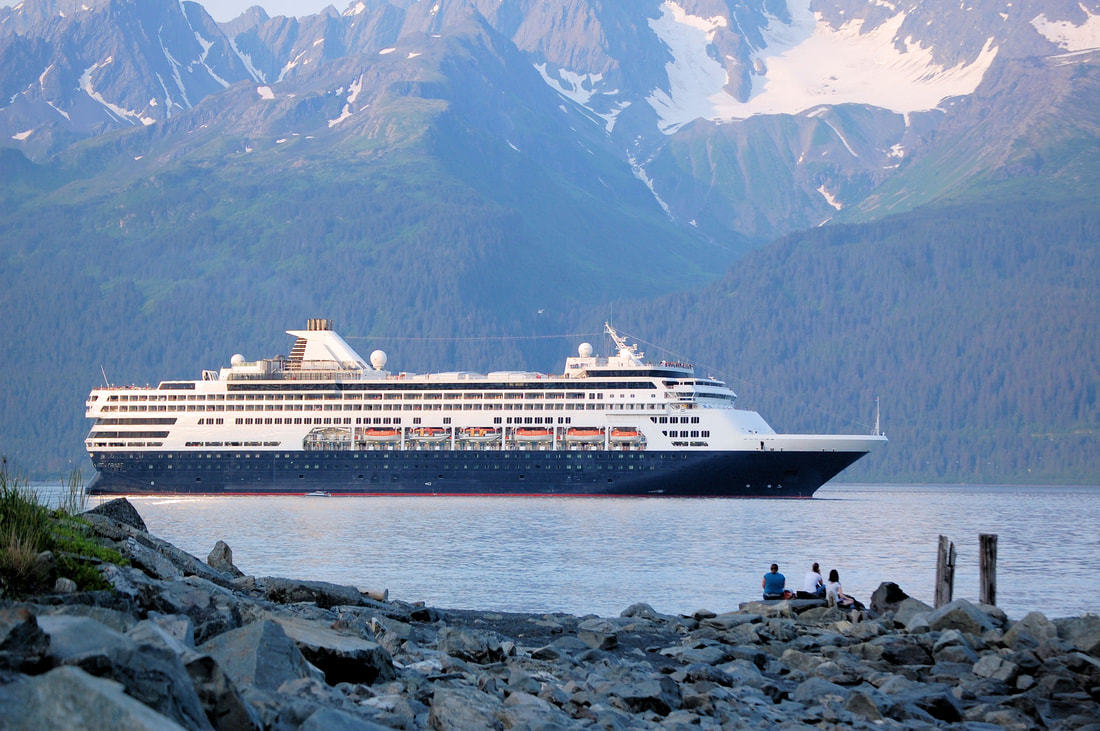|
Why can't major cruise lines sail between two US ports without a stop in a foreign port? The answer is found in two acts, the Passenger Vessel Service (PVS) Act, passed in 1886, and the Jones Act, passed in 1920. The primary reason is due to the PVS Act. It dictates that foreign flagged ships carrying passengers between US destinations must stop in a foreign port. The legislation is designed to protect the American maritime industry, and most countries have similar legislation.
All of the major US lines are foreign flagged, thus they fall under this rule. This is why, for example, Alaska Inside Passage cruises that start and end in Seattle stop in Victoria, why one way Inside Passage itineraries include Vancouver and California coastal itineraries will stop in Ensenada. Smaller US cruise lines like UnCruise and American Cruise Lines are US flagged, so they do not fall under these same rules. Why are most of the major US cruise lines foreign flagged? Another act, the Jones Act, signed into law June 1920, requires US flagged ships to be at least 75% US owned, be sourced and assembled in the US and have a US crew (minimum 75%) in order to move goods or passengers between US ports. This doesn't present too much of an issue for the small ship US cruise lines, however it does effect the larger ships. While the US has shipyards, most are equipped to build military or cargo type ships - not the cruise liners of today. The majority of these cruise ships are built in Europe, which means they are automatically "disqualified" under the Jones Act to be US flagged. Considering the number of crew required onboard, it would also be very difficult to only source employees from the US. There are other reasons as well, but these two are the major ones. It can be a bit confusing, but in summary, until these 2 Acts are changed by Congress, you will have a stop in a foreign port when starting and ending a cruise in a US port (unless you are on a US flagged ship). And there you have your "Did you know?" for today! For more information about cruising, it would be my pleasure to assist you. Call or contact [email protected] to get started. Comments are closed.
|
Laurie Marschall - Owner and Founder
|



 RSS Feed
RSS Feed
